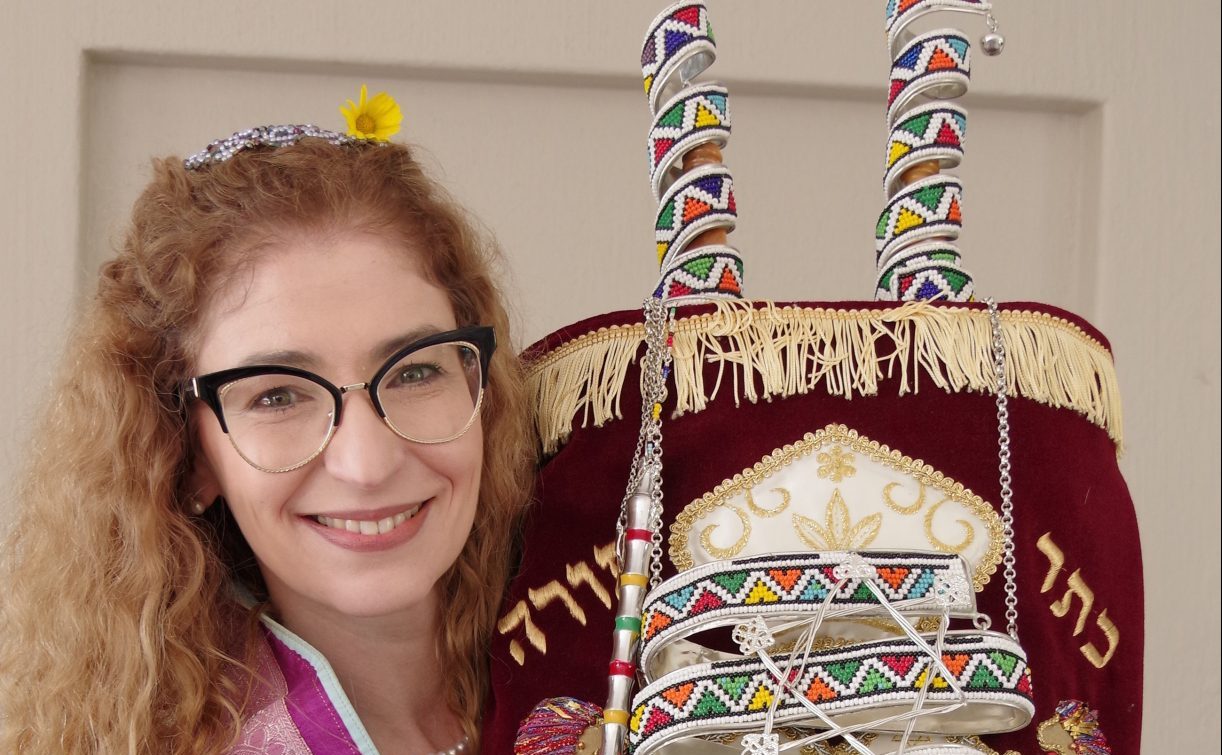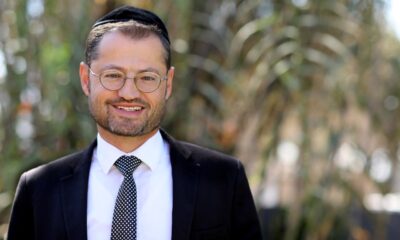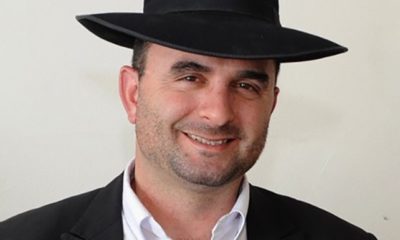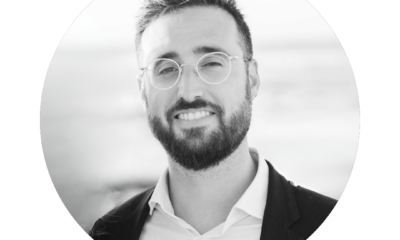
Religion

We have a responsibility to be inclusive
How many times have you heard this sentence (and be honest): “He/she is lovely, smart … but he/she doesn’t look Jewish.”
Our weekly portion, B’haalotecha, teaches us about Miriam and Aaron as they speak out against Moses’ life choices: “He married a Cushite woman.” (Numbers 12:1) Our sages identify this woman as either Tzipporah, Moses’ wife in Exodus, or a different wife from Egypt. In any case, the argument is clear: the non-Israelite woman is an outsider, she looks different, and how she could even think that she is worthy of marrying into our exclusive club? We don’t know if it was her religion, skin colour, or some other “fault”, but this “otherness” is too much for Miriam and Aaron to accept.
G-d punished Miriam with leprosy and during her struggle with this disease, she learned about vulnerability and what it was like to be banished from the camp for seven days. A week is a short time, but for Miriam, it was long enough to get a new perspective.
“Looking Jewish” isn’t what makes us a Jewish people. We must seek truth in our world, and not be afraid to live according to those truths. And we mustn’t be afraid to speak up. Our responsibility is to include, not judge, all who wish to be part of our community.
I often think about the power of language. No less than 12 of the 44 lines of the Al Chet confessional prayer recited on Yom Kippur refer to sins relating to the misuse of words. Equally, I have all too often seen the pain of those who have felt excluded from the Jewish community.
In the world we live in, our choices matter. We all have the power to change someone’s life. And it’s that critical choice of being inclusive rather than exclusive that’s available to us all.
Personal change and growth can be so scary, that sometimes people would rather be stuck in something bad than go forward into the future. We might think of a person stuck in a bad work situation, or an abusive relationship, or an addiction, or unhealthy grief, even though it’s “Egypt”, a place of unhappiness, sometimes it’s more comfortable than the hard personal choices G-d lays before us.
Miriam and Aaron had trouble with this. They were alarmed by this Cushite woman, and spoke out against her, but G-d admonished them for it. Moses was the forgiving one. He prayed for his sister to be healed from her leprosy. He understood that our community needs more forgiveness and openness, more empathy and acceptance to get us to the promised land. This is why Moses is considered our greatest prophet.
May each of us shine light on one another, ennobling ourselves as we strive to introduce understanding to a world that prefers to look the other way. May each of us recognise our capacity to touch another soul with love and inclusiveness.










